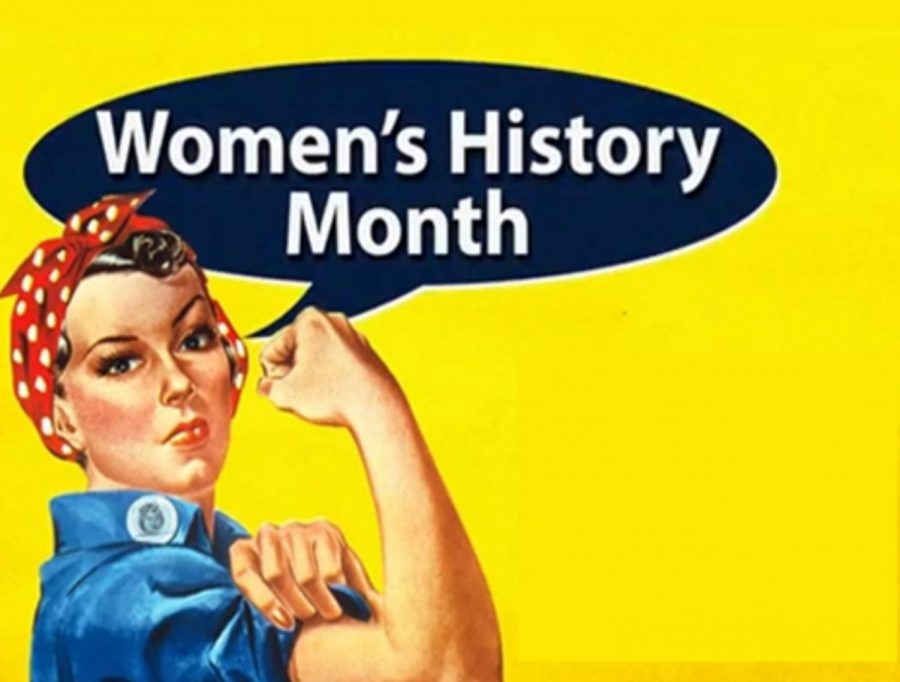March celebrates women’s history
March 23, 2018
“Too often women were unsung and sometimes their contributions have gone unnoticed.” So said Jimmy Carter as part of a proclamation in February of 1980, declaring the week of March 8 as National Women’s History Week. By 1987, Congress designated the month of March as Women’s History Month “in perpetuity.”
Sophomore Hannah Papp asked in amazement, “It’s Women’s History Month? We’ve never talked about it!” There is an irony behind this common confusion that confirms the need for better awareness of women’s accomplishments.
The significant impact of women on American society has been, and continues to be, overlooked. “Until women’s contributions are recognized in day to day life the same way as the contributions of men are — a Women’s History Month is necessary,” stated senior Hayley Lyons.
All students are witnesses to the fact that history books are filled with the deeds and words of men. Typically, an occasional chapter contains a small section for women. Senior Dominico Piermarini has noticed this fact and said, “Every era in history has had significant women, but there’s always a profound focus on the males’ side.”
The phenomenon of not just under-recognizing women, but actually undermining them is known as “The Matilda Effect.” Countless instances can be found in which men have taken credit for the work or ideas of women.
A classic example of this in history is the female pharaoh Hatshepsut (that’s right, the Matilda Effect has been alive for ages). Hatshepsut was a strong female leader who expanded the reach and influence of Egypt. Unfortunately, male pharaohs that followed her falsely took the credit.
“Not only have those [women] unrecognized in their own time generally remained so, but others that were well known in their time have since been obliterated from history,” asserts author Margret W. Rossiter in her essay “The Matthew Matilda Effect in Science.”
Since 1987, when Women’s History Month was established, America has been striving toward eliminating this “Matilda Effect.” Influential women who have impacted society are slowly becoming household names.
“There are plenty of women throughout history who have made notable impacts: Harriet Tubman, Marie Curie, Cleopatra,” noted Dominico Piermarini. More and more people are accepting the simple truth that women’s accomplishments must receive the recognition they deserve.











